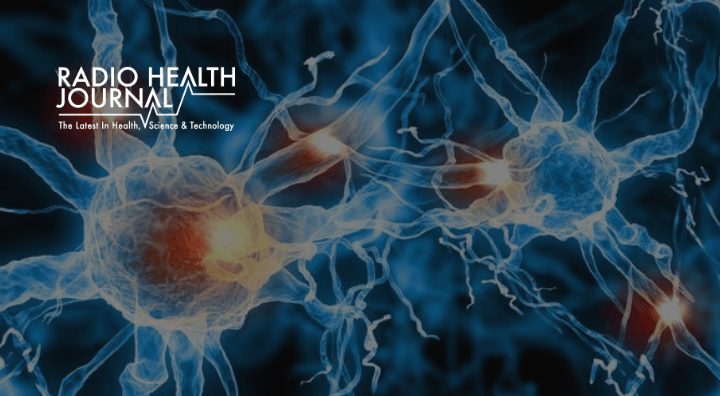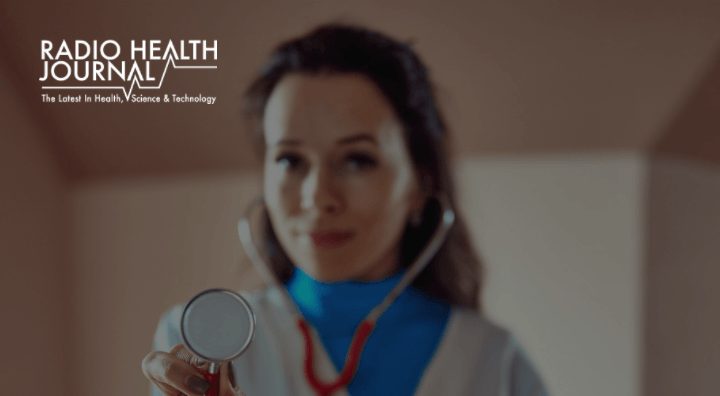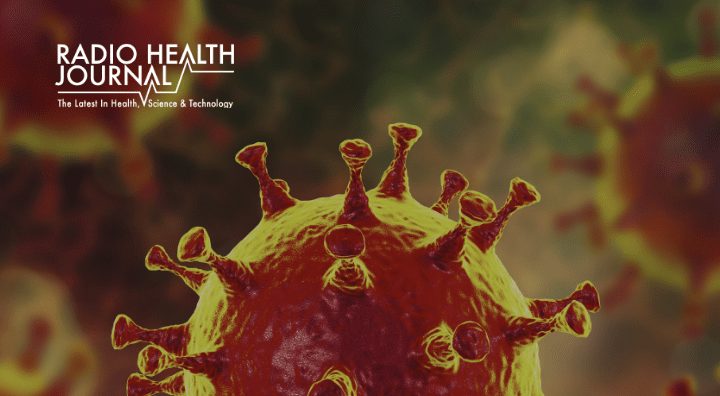TV doctors wield tremendous influence with patients, sometimes even more than a person’s own doctor. Yet studies show that the advice you hear on TV is often unsupported by medical research. Experts discuss how celebrity doctors miss the mark and why they’re so popular.
Guest Information:
- Dr. Christina Korownyk, Associate Professor of Family Medicine, University of Alberta
- Dr. Georgianna Donadio, Program Director, National Institute of Whole Health
- Dr. Lindsey Meredith, Professor of Marketing, Beedie School of Business, Simon Fraser University
Links for more info:
15-27 TV Doctors: Truth or Fiction?
Nancy Benson: You’ve probably been told your whole life not to believe everything you see on TV, but surely you can believe a doctor in just about any context, right? Well, not so fast. Research published in the British medical journal seems to suggest TV doctors aren’t always the most trustworthy source of medical advice.
Christina Korownyk: The authors who conceived this study are all involved in primary health care in some way. We were faced on a frequent basis with patients who would come in and had questions about recommendations they had seen on televised medical talk shows.
Benson: That's dr. Christina Korownyk, associate professor of family medicine at the University of Alberta. She and two colleagues led the study, which analyzed 40 randomly selected episodes of two shows-- the Dr. Oz show and The Doctors. The researchers checked to see how many doctor recommendations made on the shows are actually supported by medical research and how often the benefits and costs of each recommendation were explained.
Korownyk: On average, for both shows, there was at least some evidence that supports the recommendations 56% of the time. If you separate them, the Dr. Oz Show was about 46% and The Doctors was 63%. So on the Dr. Oz Show evidence supported 46% of the recommendation, was not found for 39%, and then contradicted the recommendations about 15% of the time. For both shows overall, a specific benefit was only mentioned about 40% of the time. So things are being recommended, but a specific benefit is not always being given. The magnitude of that benefit was mentioned less than 20% of the time. Even if you were talking about a weight loss, the magnitude of the benefit wasn’t mentioned all that often. Potential harms were discussed less than 10% of the time and cost, on average, less than 15% of the time.
Benson: Now, this may sound like just a bunch of numbers, but Korownyk says the biggest takeaway is easy to explain.
Korownyk: Our main conclusion is that people who are watching these shows simply need to be skeptical of the recommendations that are being made.
Benson: The findings of the study are understandably bothersome to many people, so the biggest question has to be: are TV doctors intentionally lying to patients?
Korownyk: I don’t know if I would say, “lying”, or if I would say, “not including all of the relevant information.” If a physician strongly believes that this intervention is beneficial, they can certainly mention that. But I think it would be very important to disclose that there is no evidence to support that, or that that is their personal belief and is not backed by the medical community. So I think it’s more a lack of full disclosure that is really the key concern.
Benson: Korownyk also points out that a TV doctor talking to millions of people at a time simply cannot provide individualized care.
Korownyk: My recommendation to my 95-year-old patient with severe cardiac diseases is going to be much different from the recommendation I make to a 20-year-old healthy, active guy. Ideas that may come from these shows are not necessarily bad in themselves, but they need to be discussed in the context of the patient’s health, history, current medication, and in the context of “What are the potential harms associated with these treatments or is there good evidence of benefits?” They can take those ideas and then they need to discuss them in the context of these other factors before they make decisions that may impact their health.
Benson: Despite these flaws, many people still trust TV doctors, sometimes even more than their own personal physicians. The program director of the National Institute of Whole Health, Dr. Georgianna Donadio, says that could be because TV doctors are empowering. TV doctors explain things in a way that make people feel smarter than perhaps their own doctor makes them feel.
Georgianna Donadio: People want to be in control of their health care. They want to feel that they are the authors of their care. They want to understand it. They want to be informed. They want to be spoken to on a level playing field. They don’t want some practitioner or expert to condescend them, not listen to them, and, as the studies show, interrupt them within the first eighteen seconds that they open their mouth.
Benson: Ultimately, Donadio says traditional medicine has turned a lot of people off with poor bedside manners. As a result, more and more patients are trusting the advice given to them by generally more sympathetic TV doctors.
Donadio: Medicine has lead itself down this path because it’s not training doctors how to communicate or how to develop compassion and empathy. That’s what the research that I’ve been involved with for 35 years is all about.
Benson: Agreeing with this assertion is Lindsey Meredith, business professor at the Beedie School of Business at Simon Fraser University in British Columbia, Canada. He says people are often more comfortable with TV doctors because their own physicians pushed them away.
Lindsey Meredith: It’s often easy to say, “What are these ‘quacks’ doing with all of their untested, homeopathic medicines and procedures.” With most things in marketing, I always tell students, “You’re going to find the truth somewhere in the middle. Nothing’s ever black and white. No one side is ever totally guilty of everything and more crisp and clean on the other side.” It’s usually that you get a competing product out there because your product is doing everything people want it to do. So the other guy moves in on your territory. The bad part in this case is that he may not be producing or selling the kinds of products that are in the patient’s best interest.
Benson: Another thing Donadio says is important to remember is that TV doctors aren’t the only medical professionals giving occasionally bad advice.
Donadio: Well look, doctors give bad advice and they get away with it. A hundred thousand people die every year from over the-counter and iatrogenic drugs. We’ve got another couple of hundred thousand people who are dying from complications of medical care and from post-surgical malnutrition.
Benson: Perhaps the key to avoiding the dangers of taking an ill-advised supplement is in doing some extra research. As Meredith says, patients have more access to medical information than ever before thanks to the Internet.
Meredith: A patient comes in the front door and gets us to do the whole pile of homework. When that happens, you have much more of an equal playing field and a new level of communication. A lot of the old ones really don’t like that. That’s not the model they grew up with. They were used to giving the information from “on high” and never being cross-questioned by a patient or challenged. So, it’s a real game changer.
Benson: In today’s world, everyone is learning to have an opinion. Experts say the key to avoiding bad advice from TV doctors and general physicians alike is a more open dialogue. So next time you’re tempted to try some exotic treatment you saw on TV, run it by your own physician. If you’re told it’s a bad idea, just let it go. After all, there will probably be yet another good idea right after the next commercial. You can find out about all our guests on our website, radiohealthjournal.net, where you can also find archives of our shows. You can also find them on iTunes and Stitcher. Our writer this week is Evan Rook. Our production directors are Sean Waldron and Nick Hofstra. I’m Nancy Benson.
Sign up to receive email updates
Enter your name and email address below and I'll send you periodic updates about the podcast.











Leave a Reply